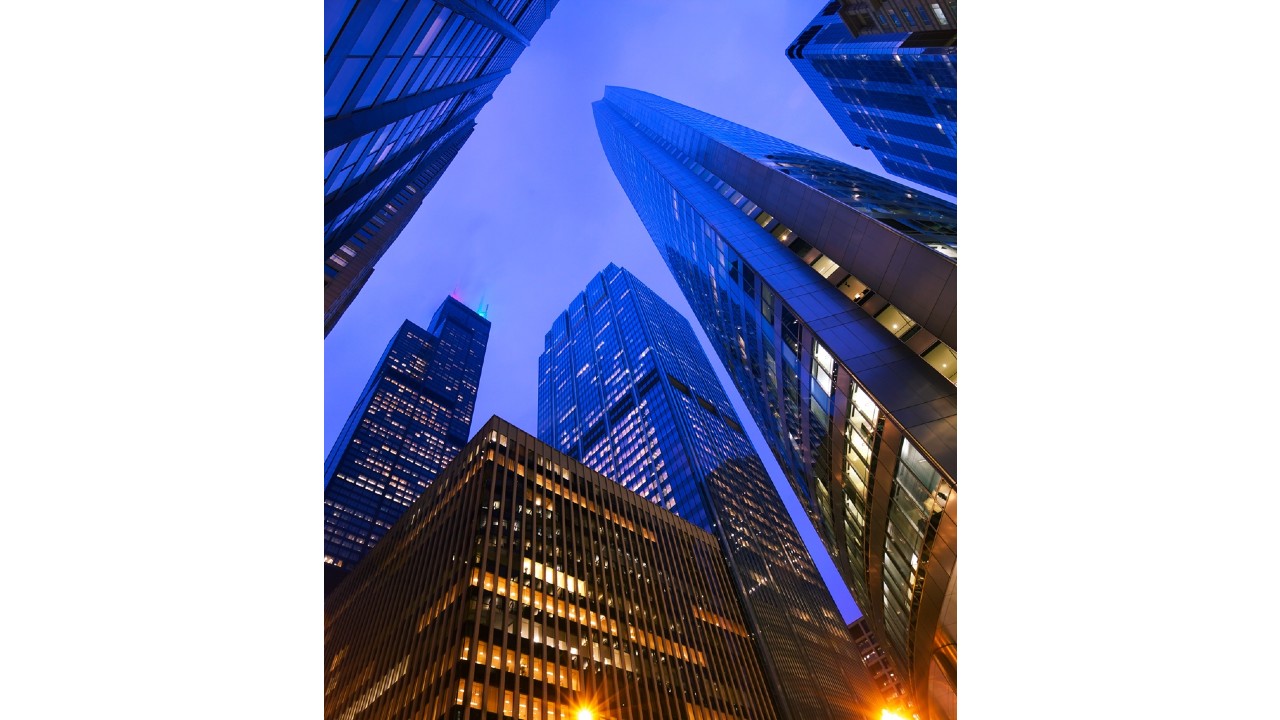Soon the global round of angry G8 street protests will descend on London. This is in spite of the UK government's clever ploy to hold the event in Northern Ireland, a place accustomed to its fair share of civil disturbances over the years and almost as far away from the capital as these British Isles will allow. Alas, the rouse has not worked. Events are still going ahead in the capital: some peaceful and well-intentioned, others not so much.
At the latter end of the scale is the news that a group of protestors calling themselves Stop G8 will be targeting the London offices of hedge fund managers during a ‘carnival against capitalism’ planned for Tuesday June 11 – a week before the official get-together in County Fermanagh. Even more alarming than the business disruption this will surely cause for London’s hedge fund community is the security advice being offered to hedge fund employees, which essentially boils down to: do not come to work dressed like a hedge fund manager.
Simple as this may sound, come Tuesday’s heightened security concerns, thousands of men will face the extra headache of deciding on what they can wear to work on that day. Now that summer has finally arrived in London, most male financiers and money managers will have started to shed their outer layer, the suit jacket. As David Attenborough would surely observe, many will undertake the gradual migration to the summer uniform of chinos and a blue shirt (perhaps pink on a Friday for the more flamboyant).
Yet both outfits are essentially winter and summer uniforms for the average Northern European male working in high finance. As such, both are equally obvious markers of position, status and employment to all but the most unobservant of anti-capitalist protester. Short of these uniforms, the guys in Mayfair will face a sartorial conundrum worthy of the head scratching financial products they deal with on a daily basis: what exactly do we wear?
True, female hedgies will face the same risks from heckling protestors but should be more at ease with the accompanying fashion dilemma, being more accustomed to broader wardrobe options, greater confidence and generally looking less homogenous and uniform. There are even websites out there offering help in this regard (take, for instance, the highly informative 'hedge funds and high heels'.
Men do well in uniforms. We like to fit in. We can follow dress rules in whatever shape or form they come in, which is why many of us get flustered by the very mention of smart casual; it is also why Tuesday is going to be such a challenge; quite frankly, it is why hedge funds should be getting more creative with their advice about employee dress codes.
Rather than telling employees what not to wear, the best advice a considerate employer can give a male employee – short of not coming into work - is to dress like someone else. In other words, come to work wearing somebody else's uniform - preferably a familiar sight on the London streets and a uniform with a more agreeable public profile than the under fire hedgie. To get the ball rolling, here are a few uniforms to consider, and a few rules to follow –
Bike courier (see Joseph Gordon Levitt in Premium Rush)
Uniform essentials: tight spandex, mailbag, T-shirt sun tan
Would suit you if: You are an athletic type and/or an exhibitionist
Pros: Cut through traffic, allowed to feel outwardly smug (about saving the environment)
Cons: London busses; pollution; also see uniform essentials above
Silicon roundabout tech entrepreneur seeking venture capital (see Jesse Eisenberg in The Social Network)
Uniform essentials: hoodie; MacBook Pro; slippers and dressing gown optional.
Would suit you if: You wear a Casio watch ironically
Pros: Hoodie is versatile disguise, hiding face from CCTV cameras, paps or smartphone-wielding protesters
Cons: Hoodie may look weird if it is sunny; could be mistaken for protester by police or own building security
American tourist (see Steve Carell in any of his films)
Uniform essentials: New Balance trainers, white socks pulled up to ankles, over-sized T-shirt emblazoned with 'Oxford University'
Would suit you if: You play basketball during lunch hour
Pros: Colleagues will think you went to Oxford
Cons: May get mistaken for a genuine tourist by scammers, muggers or operators of open-top-bus tours
Middle Eastern businessman (see Peter O'Toole in Lawrence of Arabia)
Uniform essentials: Kandura (It was on The Apprentice, google it)
Would suit you if: You still want to wear the Tag and drive the Lambo to work
Pros: White baggy clothes will help you keep cool in heat and/or under pressure
Cons: Scores low on political correctness; may flout HR policy or anger crucial UAE client; danger of tripping during quick getaway
Chugger/charity collector (see…not sure if Hollywood has made a film about charity collectors yet)
Uniform essentials: Bright high-vis vest; plastic bucket
Would suit you if: You actually don’t mind being disliked
Pros: People will actually go out of way to avoid you, including G8 protesters
Cons: Can't go within 100 feet of a shop entrance or cash machine, will need to deal with small denomination coins
The views and opinions expressed in this article are those of the authors and do not necessarily reflect the views of The Economist Intelligence Unit Limited (EIU) or any other member of The Economist Group. The Economist Group (including the EIU) cannot accept any responsibility or liability for reliance by any person on this article or any of the information, opinions or conclusions set out in the article.




